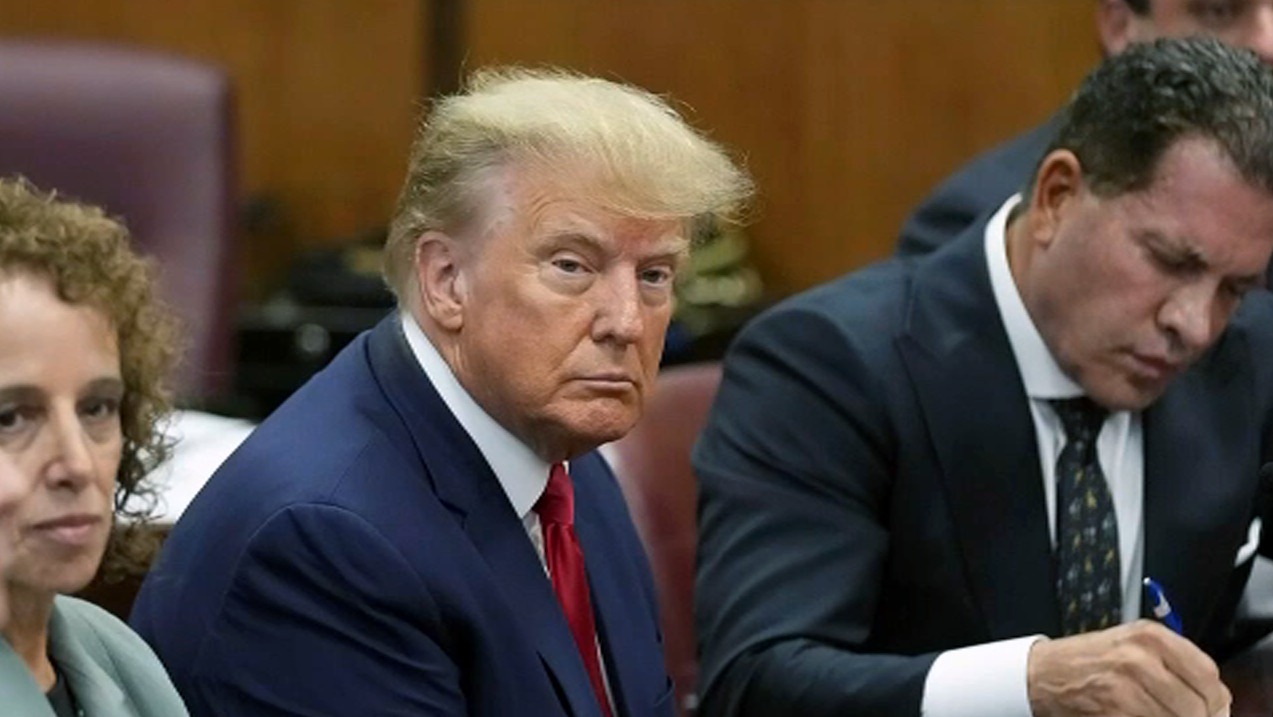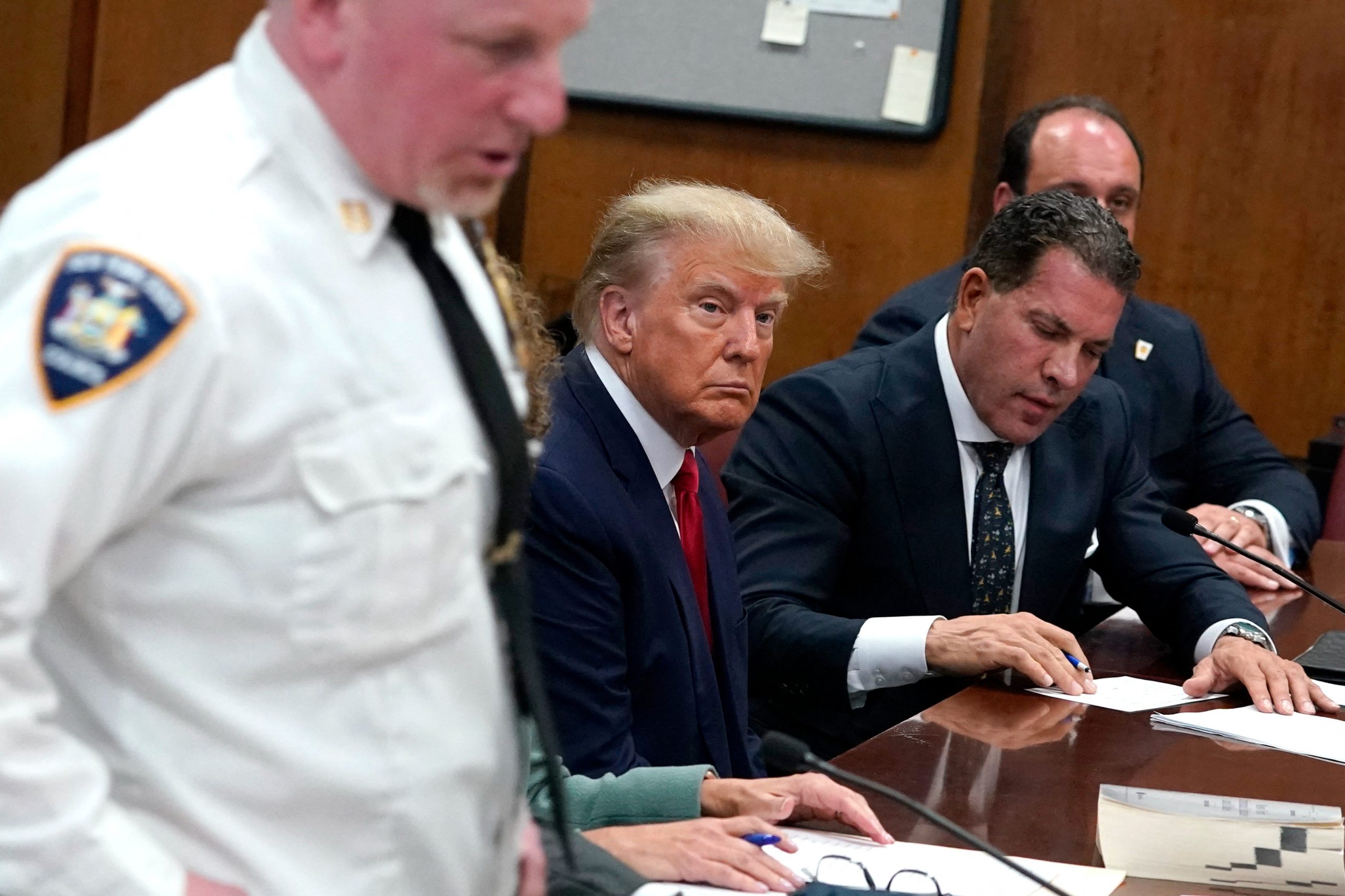The prolonged delay in Judge Aileen Cannon’s ruling on Donald Trump’s motion to dismiss the federal case involving classified documents has raised eyebrows among legal experts, with some suggesting that this delay could inadvertently benefit the former president.
Joyce Vance, a former federal prosecutor and legal analyst, highlighted this concern, noting that while Cannon rejected one of Trump’s motions to dismiss related to the Espionage Act, she has yet to rule on the motion invoking the Presidential Records Act.
Trump’s legal team argues that this act allows him to designate sensitive materials he took after leaving office as his personal property.

Vance, who has been critical of Trump, expressed her unease over the delay in her Civil Discourse blog. She found it “very concerning” that Cannon had not promptly dismissed the disputed claims under the Presidential Records Act, suggesting that the judge might set the stage for these arguments to be addressed before a jury.
The motion-to-dismiss argument based on the Presidential Records Act could have significant implications for the case against Trump.
If Cannon allows the argument to proceed to trial, it could prolong the legal proceedings and provide Trump’s defense team with additional opportunities to present their case.

It’s worth noting that Cannon’s decision to reject Trump’s motion related to the Espionage Act does not necessarily indicate how she will rule on the motion regarding the Presidential Records Act.
However, the delay in her ruling on the latter motion has raised questions about the potential impact on the trajectory of the case. As the legal proceedings continue, observers will be closely monitoring Cannon’s decisions and their implications for the outcome of the trial.


